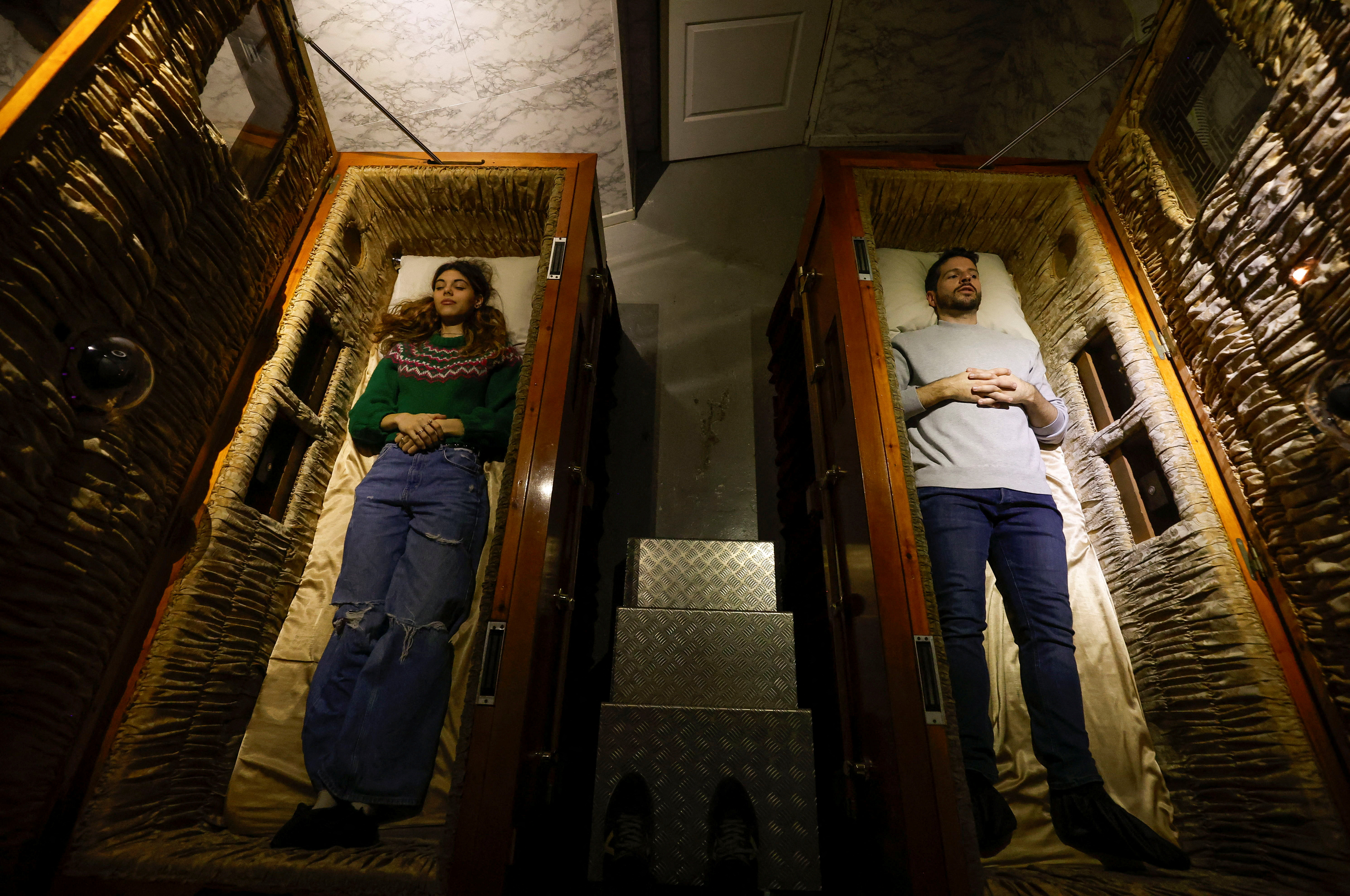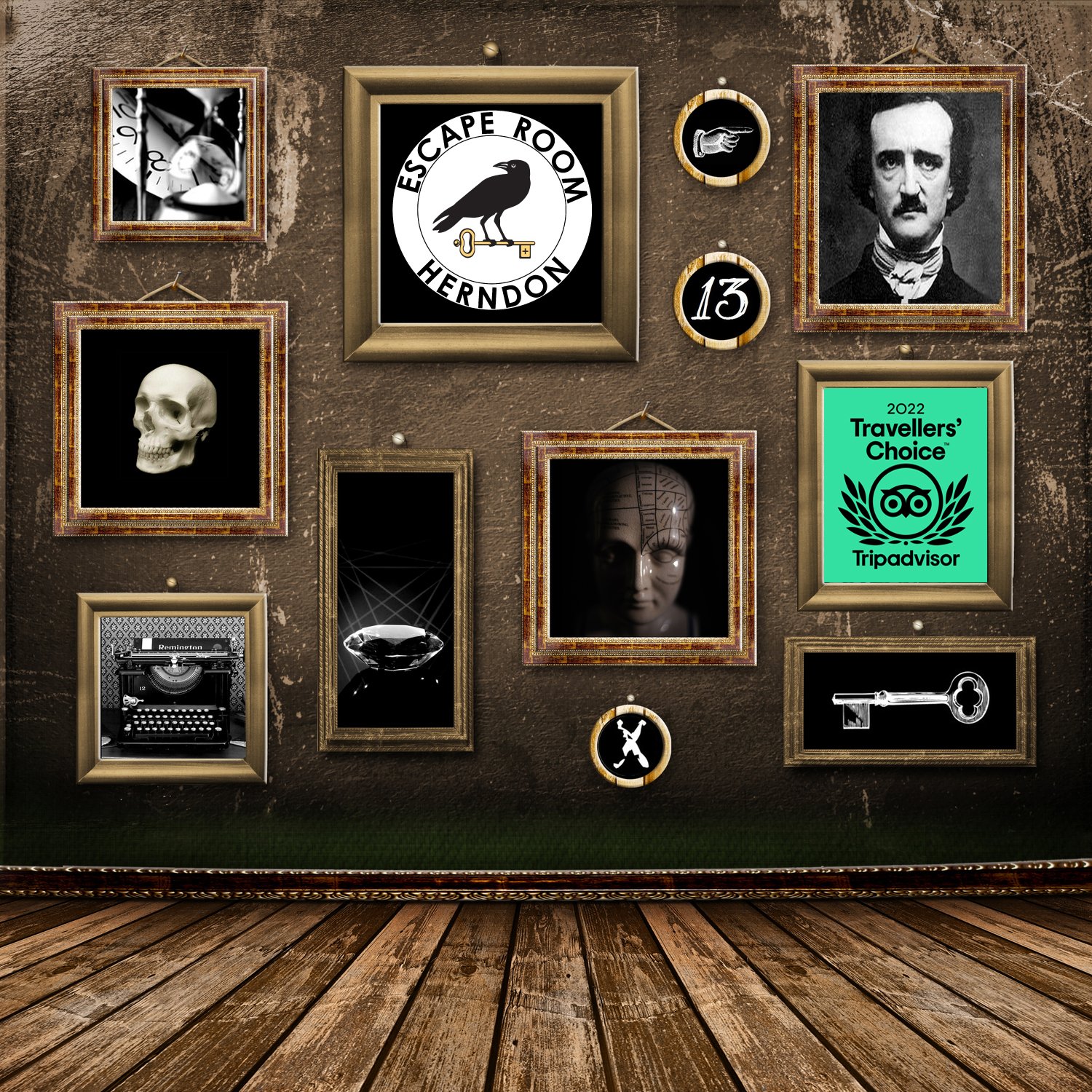Group Techniques: How to Collaborate Effectively in a Getaway Space
Groups need to proactively pay attention to each member's understandings, appoint duties that align with private strengths, and preserve normal check-ins to make certain emphasis and avoid redundancy. By fostering an atmosphere that values communication and versatility, teams can substantially enhance their efficiency and success rates.
Establish Clear Communication

To facilitate clear communication, it is essential to assign a central factor of get in touch with for info circulation. Brief, focused updates from each group participant can keep the group educated without overwhelming them with details.

Assign Roles Purposefully
While clear communication establishes the structure for efficient synergy, designating roles tactically guarantees that each employee's strengths are made use of efficiently. In an escape area situation, the time-sensitive and complex nature of challenges demands an efficient method to job delegation. By recognizing and leveraging specific expertises, groups can enhance their analytical abilities and improve general performance.
First, examine the one-of-a-kind abilities and characteristics of each participant. Someone with a keen eye for detail might stand out in locating hidden things, while a rational thinker can be better suited to solving problems. It's equally essential to have a leader who can supervise progression, take care of the timeline, and make decisive calls when needed. This role often requires strong organizational and social abilities.
Second, make sure that roles are flexible and adaptable. As new difficulties emerge, the team must be able to pivot, reallocating tasks as called for. This flexibility aids preserve energy and avoids bottlenecks that could occur because of inflexible duty jobs.
Ultimately, a critical technique to function project not only makes best use of the toughness of each employee yet additionally promotes a cohesive setting, driving the team in the direction of an effective getaway.
Use Diverse Abilities
Acknowledging and using the varied skills within your group can dramatically raise your efficiency in a retreat space. Each employee brings special staminas to the table, and efficiently leveraging these capacities can expedite problem-solving and boost Bonuses general performance. For instance, a staff member with strong logical skills may succeed at decoding complex codes or patterns, while another with Your Domain Name eager empirical abilities might promptly detect surprise clues that others could forget.
Motivate team participants to articulate their insights and ideas quickly, ensuring that all possible remedies are taken into consideration. Furthermore, designating tasks that align with each member's toughness can stop bottlenecks and make certain that progression is constant.
Moreover, variety in skills typically equates to variety in believing styles, which is important in an escape area setup. While some obstacles may require logical reasoning and precision, others might gain from creative and lateral reasoning. By acknowledging and leveraging this diversity, teams can attend to a broader array of difficulties better, therefore boosting their possibilities of an effective escape.
Manage Time Efficiently

First, allot initial mins for a quick survey of the room. Identify noticeable puzzles and divide jobs based upon team participants' toughness, making certain that no one is idle. Establish internal time checkpoints to evaluate progression occasionally; as an example, goal to have half the problems fixed by the mid-point of the game. This practice can help keep the team concentrated and stop time from sliding away undetected.
In addition, prevent one-track mind. If a challenge is taking as well long, rotate staff member or go on to one more challenge, returning later on with fresh point of views. Communication is extremely important-- keep every person updated on solved go to this web-site puzzles and continuing to be tasks to stay clear of redundant initiatives.
Last but not least, utilize any kind of hints or clues moderately but purposefully - best escape room. Knowing when to ask for assistance can conserve important time. By sticking to these time management principles, teams can significantly enhance their opportunities of an effective and satisfying retreat room experience
Debrief and Show
Representation is an essential element of group development and renovation in the context of escape spaces. As soon as the challenge is completed, whether successfully or otherwise, it is crucial for the team to participate in a structured debriefing session. This process permits team members to examine their performance, determine strengths, and identify locations for improvement.
Start the debrief by discussing what went well. Highlight details instances of reliable interaction, analytical, and partnership. Identifying these favorable habits enhances them and urges their rep in future challenges.
Next, attend to the challenges came across. Review minutes of complication, miscommunication, or inadequate techniques. Motivate an open and useful dialogue where staff member can share their perspectives without worry of criticism. This fosters a culture of continuous improvement and learning.
Conclusion
In verdict, effective cooperation in a retreat room is based upon clear interaction, strategic duty assignments, the reliable utilization of varied abilities, and efficient time management. By producing a natural and adaptive group setting, the chance of efficiently resolving problems and achieving the objective of escaping the room is substantially enhanced.